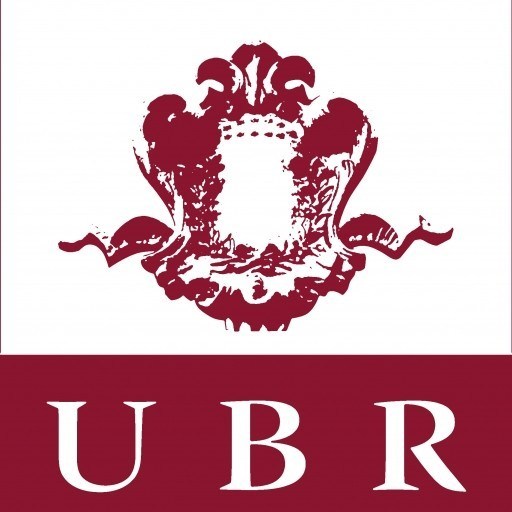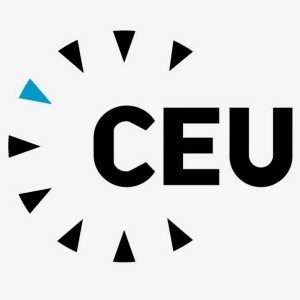Photos of university / #unibuc
Advertisement
The Comparative politics program (delivered in English) prepares students for the doctoral studies. Refashioning the master program in Comparative Politics within the Bologna process proved to be so far a success and led to several undeniable results.
Besides becoming attractive for a larger number of candidates, the program was able to start propel students on tracks of specialization leading beyond the confines of Romanian realities, into broad comparative research areas. Courses are taught on comparative nationalism, fascism, communism and political authoritarianism extending the comparative approach well beyond the East Central European region.
Courses on political democratization and the dynamics of political parties are also taught in order to include not only European or North-Atlantic, but also Latin American, Asian and African realities. A strong attention is paid to the regions of the Middle East and the former Soviet Union.
GENERAL PRESENTATION * The two-year master program in comparative politics taught in English at the Political Science Faculty of the University of Bucharest is among the very few of its kind in Central, Eastern, and and South-East Europe. Our curriculum stresses both the theoretical and empirical dimensions related to the modern and contemporary evolution of politics and society in the region. The program is methodologically eclectic yet rigorous, with an emphasis on historical and political science approaches.
* The master program is meant for students with a BA degree (180 ECTS) in political science, history, sociology, law, economics, philosophy, and philology, coming from Romania, Central and South-East Europe, EU and Non-EU coutries.
* The courses focus on the historical roots of political processes, explore how can democratic institutions and practices be generated, challenged and sustained, recognize and cope with the particular features of the area, studying them in a wide comparative perspective.
* The program looks for sophisticated analytical answers to such basic political questions as: 'why are some countries democratic while others are not?' 'why are some countries torn by ethnic conflict?' 'do constitutions matter?' 'what is the impact of global capitalism on state sovereignty?'
* Addressing these and similar questions, the program offers courses in the fields of democratisation, nationalism and ethnicity, political elites and institutions, and constitutionalism. These processes are analyzed as embedded in their area- and country-specific particularities and contexts.
* The program has been designated a political science resource by the Higher Education Support Program of the Open Society Institute.
* The program is part of a Consortium that includes the University of Bucharest, Universite Libre Brussels, University of Wroclaw, and the Babes Bolyai University of Cluj. Further academic partnerships with European and North American higher education institutions are actively sought.
* The duration of the program is 2 years.
ADVANTAGES * MCP students can be awarded two Master diplomas, one from the home (Bucharest), and one from the host University (Universite Libre Brussels, University of Wroclaw). In this sense they will attend the first year in the department of political science of University of Bucharest and continue the second year in another one of their choice (Universite Libre Brussels, University of Wroclaw). Studying abroad will be the most rewarding and eye-opening experience of university life. Besides the one year mobility, the Master program offers the opportunity to take part in a series of study trips in Poland and Belgium. A series of joint activities (conferences and seminars) will be organized in the partner universities.
* The MA in Comparative Politics will provide students with an intellectually stimulating analysis of the key issues in regional and European politics, such as the changing dynamics of state power, the dimensions of regime change, and the challenge posed to states by ethno-nationalism and political radicalisms.
* Students, many of them international and exchange, will take part in small graduate seminars and thus benefit from the direct guidance of the professorial body. The faculty/student ratio (currently approximately 1:3) meets the most demanding standards of higher education.
* Courses will be taught by academics with solid credentials in their respective fields of expertise; all faculty members have had extensive exposure to the international academic world.
* Students will benefit because they will gain from the opportunity to study a specialisation within a broader subject area.
* The opportunity to study in a large, internationally renowned department in the only Romanian institution devoted solely to the social sciences.
* A good preparation for further research work or for a career in media, political consultancy, international organisations, public administration or the private sector.
OPPORTUNITIES With this Master program the graduates will be well prepared for various jobs opportunities requiring an in-depth knowledge of the political, economic and social issues at stake in Central and Eastern European Countries. The Master program prepares students for careers in academia, enterprises, public bodies, think thanks, NGOs, foundations, media, EU institutions and international organizations. Most of our graduates succeded in their pursuit for a successful career in a wide range of public and private institutions, in Romania and abroad.
Following Romanias adhering to the European Union and in accordance with Law 316 from July 12, 2006, the citizens from the European Union as well as the citizens from the Swiss Confederation and the European Economic Region may study at Romanian Higher Education Institutions in the same conditions as Romanian students do, that is : * They have to pass an entrance examination for all study levels ( Bachelor, Master, PhD), at the same dates and the same subjects as Romanian students. * The study fees are the same as for Romanian students, to be paid in Romanian currency (Ron). The fees may be updated every year. * The admission sessions usually are in July for Bachelor studies and in September for Master and PhD studies. * The exact examination data are available at every faculty of the university (they might differ slightly from one faculty to another). In order to register for the entrance examination at any of the faculties of the University of Bucharest, the file must contain the following documents: * Certificate of equivalence of study documents * High school diploma + school records, in original and endorsed copies * Birth certificate, endorsed copy * Health certificate * Three photos size ¾ * Passport or any other ID, in copy * Proof of payment for the examination taxes








